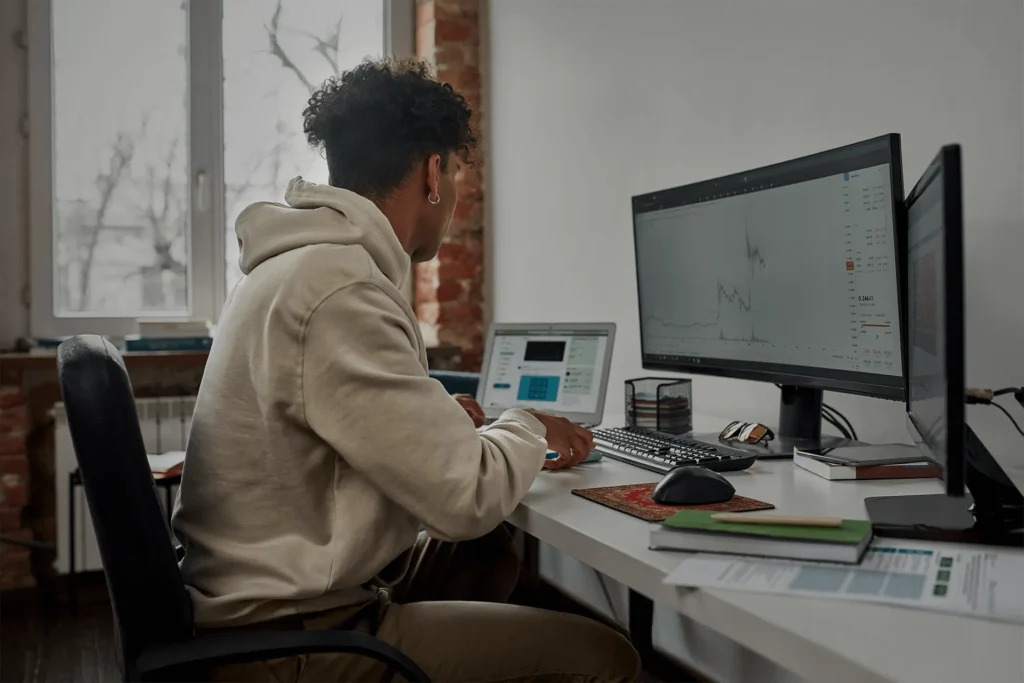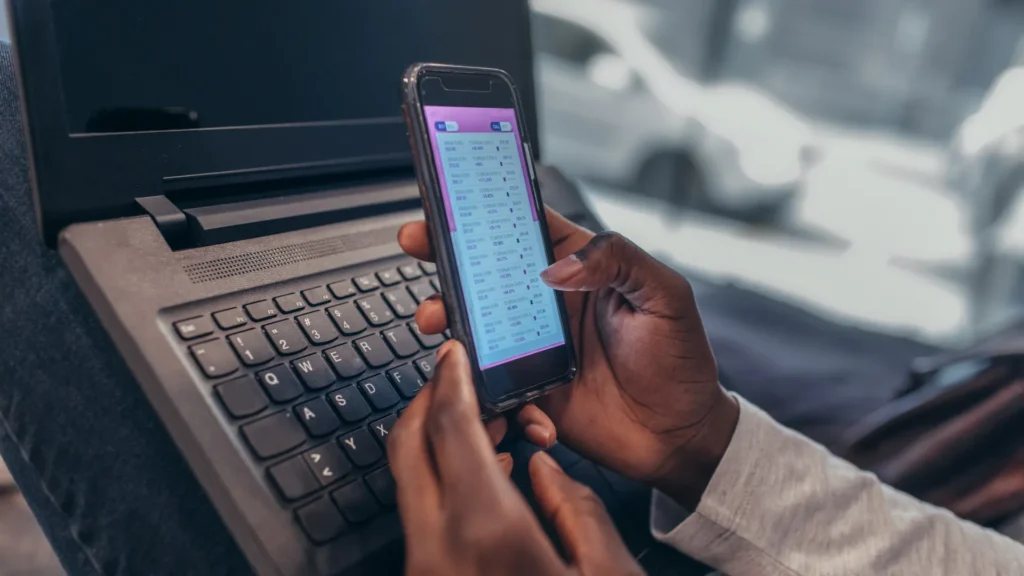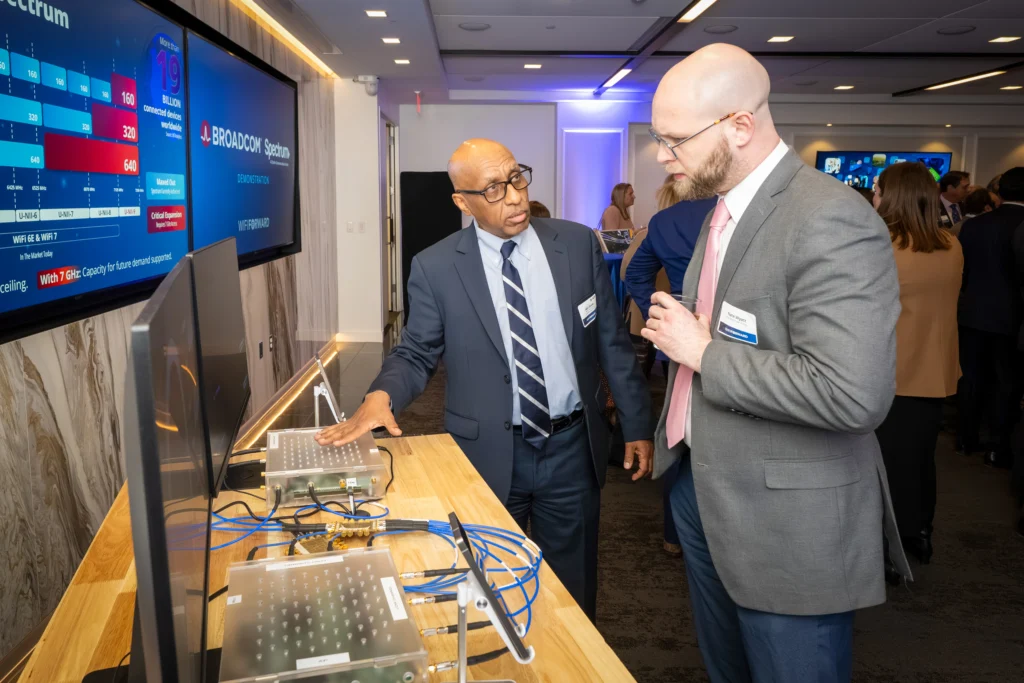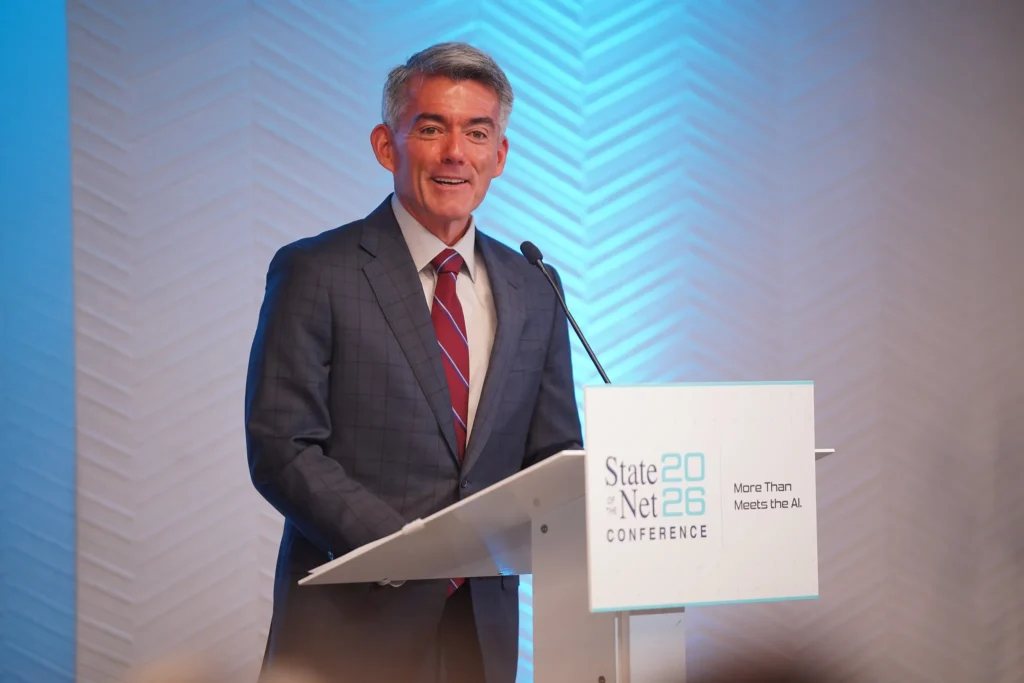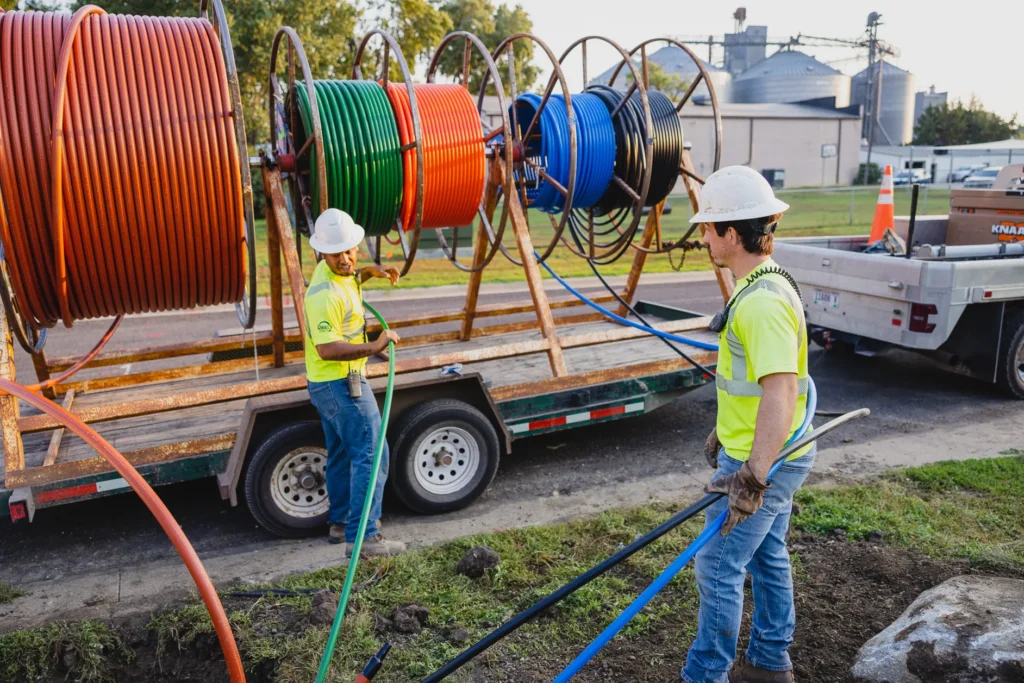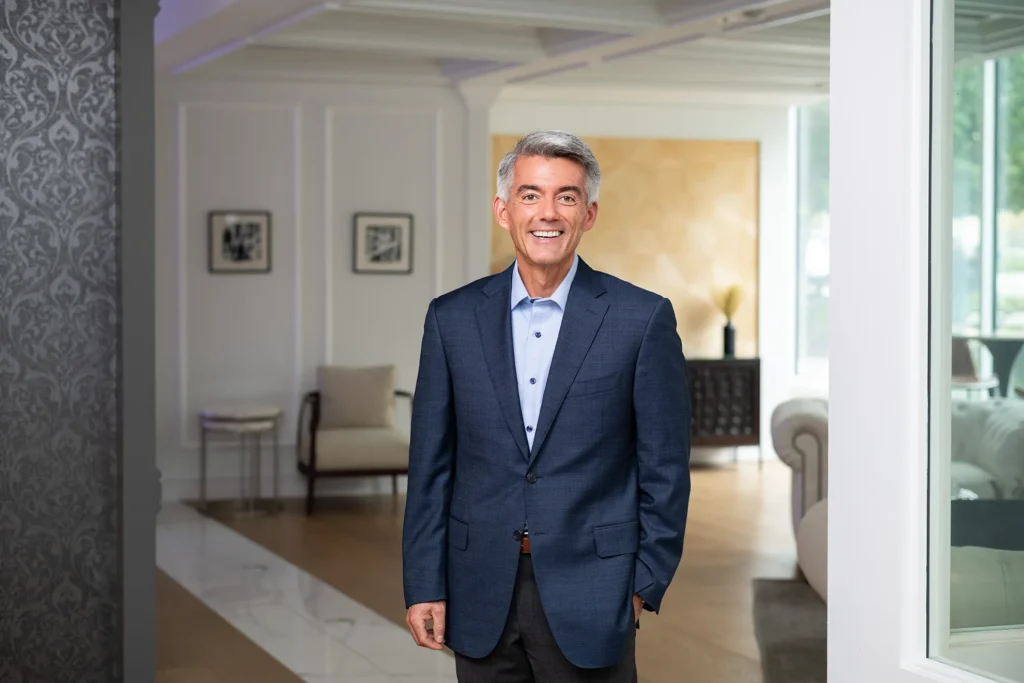Recent surveys reveal that an overwhelming majority of people—89 percent of Americans—now go online. Through internet adoption programs and digital literacy offerings, internet service providers have worked to close the digital divide in the U.S. by improving internet access and equipping families with the information they need to succeed online. Cox Communications is one of the industry’s leaders on this front. Since the Connect2Compete program launch in 2012—a low-cost internet service for families on free or reduced lunch programs—Cox has connected over 350,000 families across its footprint and provided people with an abundance of tools they need to understand internet and computer basics, stay safe online, and to compete in the global marketplace.
Check out our Q&A below with Cox’s Ciji Townsend about how the ISP reaches, connects, and empowers families across the country.
What resources does Cox offer families on digital literacy?
Last year, as an extension of our Connect2Compete program—our low-cost, internet service for eligible families—we launched the Cox Digital Academy in conjunction with the American Library Association. The Digital Academy is intended for families, educators, librarians, social workers and anyone who needs access to information that they can share with kids or to educate families. It’s free and open to anyone. The information available includes but is not limited to cyberbullying, financial literacy and parental controls.
Why is it important to Cox to provide these services to the broader public?
Our mission is to connect people to the things they care about most. We believe that all people should have access to the internet. That’s the priority when we think about the Digital Academy. And, it’s about how we can be a hub for information. We also want people to be able to apply this information immediately, and have the ability to compete in a global marketplace. We know that access to the information provided on the Digital Academy will empower people with the information needed to accomplish more than they could even imagine.
One thing at Cox we talk about a lot is continued access. We have a Cox business offering where we provide internet and video service to over 10,000 schools across the country. Kids have access at school to this high-speed internet, then when they leave school they can go to their local Boys & Girls Club and access the internet. We have over 100 Cox technology centers across our footprint. So immediately after school, they have access at one of those after-school programs. When they leave the Club and go home they can access the internet with their families through the Connect2Compete program. We want to establish a seamless transition.
Tell us more about your partnerships with other community organizations around digital literacy.
We’ve worked a lot with of community partners; like the Boy & Girls Club of America, Big Brothers Big Sisters, and the Urban League, to generate awareness for the Digital Academy so that they can share it with the people that they serve.
We also work with Common Sense Media and EVERFI to aggregate digital and financial literacy content on the Cox Digital Academy. There’s content available on the website focused on online safety, password creation, internet safety, homework help, eLearning and computer & internet basics. For some families, it may be the first time that they’ve had a computer in the home. There are also educational games and tips to stay safe on social media. In the financial literacy section, we have information on mobile payments, credit reports and identity protection. It’s for both kids and parents.
How have families benefitted from Cox’s Connect2Compete program and digital literacy offerings?
Connect2Compete first launched in 2012 in the Santa Barbara market and we now have over 350k families connected. Our mission at Cox is to connect people to the things that they care about most. We would be remiss if we didn’t offer something that was viable for a segment of the population where we know there is a need. Also, these are the customers of the future. We want to make sure that kids have access to the internet and that they know how to be safer online because they are the ones who will be making all the decisions in the future.



